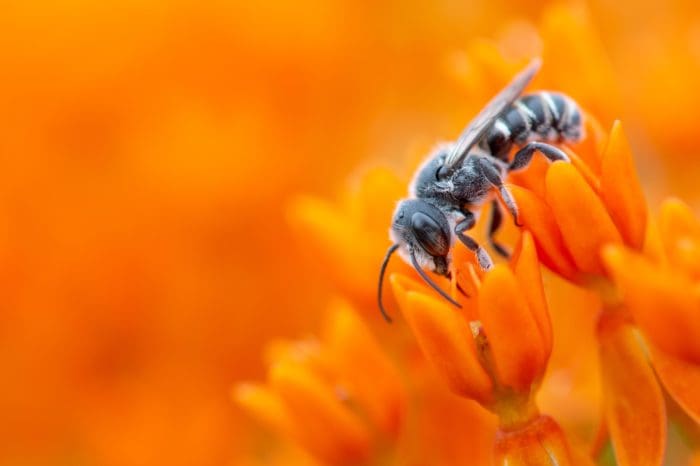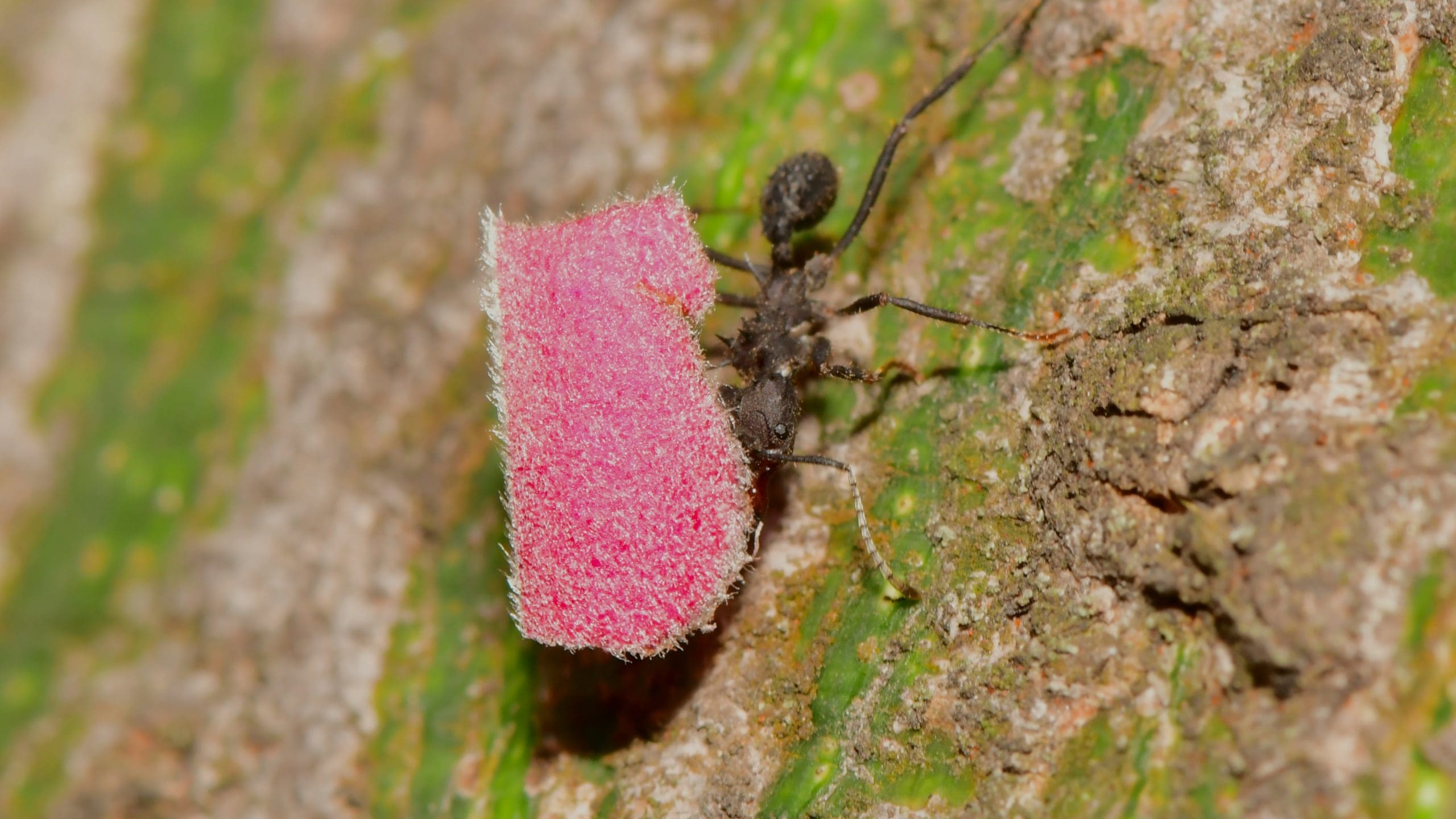The choice between insect extermination and prevention depends on various factors, including the severity of the current infestation, the type of insects involved, and your long-term goals for pest management. Both strategies have their merits, and the cost-effectiveness can vary based on the specific circumstances. Let’s explore the considerations for both insect extermination and prevention:
Photo by Juan Pablo Mascanfroni on Unsplash
Insect Extermination:
- Immediate Relief:
- Pros: Extermination provides a quick solution to an existing insect infestation, offering immediate relief from the problem.
- Focused Treatment:
- Pros: Extermination allows for targeted treatments to eliminate the current insect population. This approach is effective when dealing with a known and identifiable infestation.
- Addressing Urgent Situations:
- Pros: In situations where there’s an urgent need to address health hazards or potential property damage, extermination can be a timely and necessary response.
- Professional Expertise:
- Pros: Professional exterminators can assess the infestation, identify the specific insects involved, and implement tailored treatments for effective control.
- Short-Term Cost Savings:
- Pros: In some cases, extermination might provide short-term cost savings compared to implementing ongoing preventive measures.
Insect Prevention:
- Long-Term Strategy:
- Pros: Prevention is a long-term strategy aimed at minimizing the risk of future infestations. It involves implementing measures to create an environment less conducive to insect activity.
- Reduced Risk of Recurrence:
- Pros: Prevention measures, such as sealing entry points, maintaining cleanliness, and implementing proper waste management, reduce the likelihood of future infestations.
- Sustainable Approach:
- Pros: Prevention is often considered a more sustainable and eco-friendly approach, as it focuses on minimizing the use of pesticides and creating conditions that deter insects.
- Lower Overall Costs:
- Pros: While preventive measures may involve upfront costs, they can lead to lower overall expenses over time by reducing the frequency and severity of infestations.
- Employee and Customer Satisfaction:
- Pros: Maintaining a pest-free environment through preventive measures contributes to employee and customer satisfaction, preserving your business’s reputation.
- Customized Solutions:
- Pros: Prevention allows for the customization of solutions based on the specific needs and vulnerabilities of your property, making it a more targeted and efficient long-term strategy.
- Specialized Expertise:
- Pros: Bee and wasp extermination requires specialized expertise to identify the species, locate nests, and employ safe and effective removal methods. Professional services, such as those provided by Emergency Pest Control, can ensure proper handling.

Photo by Ray Hennessy on Unsplash
Considerations for Decision-Making:
- Current Infestation Severity:
- Consideration: If the infestation is severe and poses immediate risks, extermination may be necessary initially. Once controlled, a transition to preventive measures can be implemented.
- Budgetary Constraints:
- Consideration: Consider your budget constraints and the balance between short-term costs of extermination and potential long-term savings through preventive measures.
- Sustainability Goals:
- Consideration: If sustainability and eco-friendly practices align with your business goals, prioritizing preventive measures may be a more suitable choice.
- Property Characteristics:
- Consideration: The characteristics of your property, such as its size, location, and susceptibility to certain pests, can influence the effectiveness of both extermination and prevention strategies.

Photo by Karina Vorozheeva on Unsplash
Conclusion
In conclusion, the decision between bee and wasp extermination and prevention in Mobile, Alabama, involves a careful evaluation of immediate risks, long-term goals, and environmental considerations. Emergency pest control in Huntsville AL provides professional services that can be tailored to the specific needs of Mobile, ensuring the safety and well-being of residents while preserving the local ecosystem.







